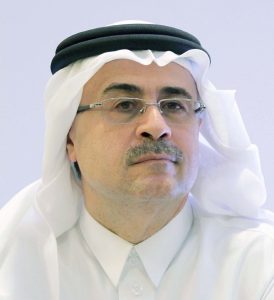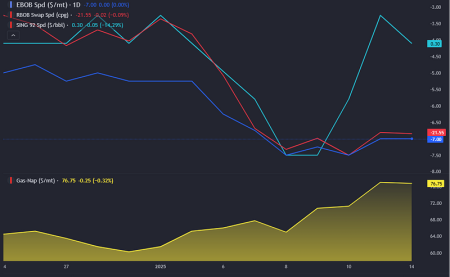“Freezing or capping energy bills might help consumers in the short term, but it does not address the real causes and is not the long-term solution,” Chief Executive Amin Nasser told a forum in Switzerland.
Under EU plans announced last week, excessive profits from energy companies would be skimmed off and redistributed to ease the burden on consumers.
On Tuesday, Nasser, who heads Aramco, the world’s biggest oil exporter, said continuing underinvestment in hydrocarbons at a time when alternatives to fossil fuels were still not readily available was the root cause of the problem.
“The conflict in Ukraine has certainly intensified the effects of the energy crisis, but it is not the root cause,” he said.
“Sadly, even if the conflict stopped today as we all wish, the crisis would not end,” he said.
TOO LITTLE, TOO LATE
Aramco has been investing to raise the kingdom’s oil capacity to 13 million barrels per day (bpd) by 2027, but Nasser warned that globally investments in hydrocarbons were still, “too little, too late, too short term”.
Effective global spare capacity is at about one and a half percent of global demand and oil inventories are low but a “fear factor” is still preventing critical oil and gas investments and causing long-term projects to “shrink”, he said.
“When the global economy recovers, we can expect demand to rebound further, eliminating the little spare oil production capacity out there … that is why I am seriously concerned.”
Aramco has been working to lower its upstream carbon intensity, gas flaring and methane intensity while upping efforts to advance carbon capture technologies, he said.
“The best help that policy makers and every stakeholder can offer is to unite the world around a much more credible new transition plan.”
Follow us on twitter




